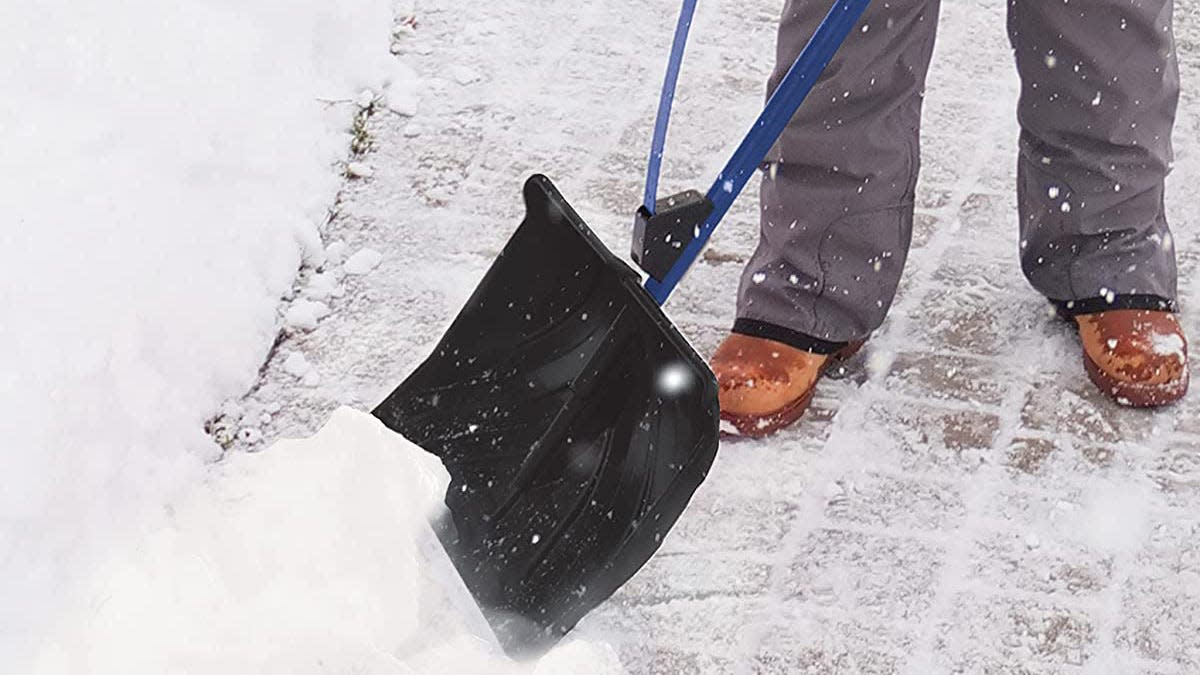Condo Column: A limit on liability

“Every accident does not give rise to a lawsuit.” - Addison Mizner
Well, this is good news. I am involved in a slip and fall case at a condominium association where the boyfriend of an owner allegedly slipped and fell on a porch and injured his ankle. Almost three years after the incident, which was never reported to the association, the boyfriend filed suit claiming negligence on the part of the snow removal contractor and the association that hired the contractor which negligence led to his injuries.
It is not a particularly good case for the boyfriend as the association bylaws, which were probably never properly read and digested, make clear that the porch and steps, where he allegedly fell, are the responsibility of the owner, his girlfriend, to clear and de-ice, not the association.
In the course of the case, the attorney assigned by the association’s insurance carrier to defend the matter asked if I was aware of the Green SnowPro program that limits the liability of snow removal contractors and condominium associations. I was not. He sent me links to the program. I read it and the New Hampshire statutes that relate to it, and now I pass this good information along to you.
The short version is if your snow removal contractor becomes certified by the New Hampshire Department of Environmental Services as a Green SnowPro, that company is protected from lawsuits … and so is the condominium association that hires such a certified Green SnowPro contractor. Let me explain.
RSA 508:22 is entitled Liability Limited for Winter Maintenance. It notes that no commercial applicator as defined in RSA 480-C, 1, II and certified such under RSA 489-C:2, and the contractor’s employer or principal, i.e. the condominium association, shall be held liable for damages caused from slip and falls and other accidents that lead to damages, when such hazards are caused solely by snow or ice, and the delay in attending to the snow/ice hazard is the result of following the “best management practices” as adopted by New Hampshire’s departments of Transportation and Environmental Services.
That’s quite a sentence. In English, it means if the snow removal contractor takes the course offered by the department of environmental services, and follows its requirements, noted below, neither the contractor, nor the association can be found liable for accidents caused by snow and ice at your association.
To become certified, the snow removal contractor has to take the Smart About Salt Council Course and pass the exam based upon the materials. It is all virtual and can be done at any time. Once done, you take the test. If/When you pass, you become certified.
Then, so long as you follow the requirements for salting and sanding and record what you do and when you do it, you are exempt from liability and so is the association that hired you.
For contractors, it’s a no brainer. For associations, they should require their contractor to become certified and to show proof of the certification, which has to be re-certified every five years with another test, or it should hire another contractor.
In order to receive this liability protection a commercial snow removal contractor, certified by the Green SnowPro program (https://www.des.nh.gov/land/roads/road-salt-reduction/ green-snowpro-certification) has to keep a written record describing the areas salted and sanded per the instruction learned in the course, which areas include the road, parking spaces, porches, walkways, driveways and any other areas serviced.
So, if the contractor routinely writes down the times on site and what was done, and that complies with the training received pursuant to RSA 489-C: 2, then neither the association and the contractor cannot be found liable for any damages. Accidents happen, and not all accidents result in liability.
The written record has to include the type of de-icing materials used, the rate or quantity of deicing materials used, the dates of treatment, and the weather conditions for each event that required de-icing. (And the records have to be kept for at least three years, i.e. the general statute of limitations in New Hampshire.)
My gosh, my gosh. Finally, something that acknowledges that a contractor doesn’t have to be on site 24/7 during a storm and for every day thereafter as snow melts, spreads as water, freezes at night, and creates ice patches.
You live in New Hampshire. If you want your condominium association in February to look like Fort Lauderdale in February, move there. Until then, be careful up here. But if you slip and fall, sometimes it’s just an accident and nothing more.

Attorney Robert E. Ducharme is a former teacher whose civil practice is limited to condominium law, primarily in Rockingham and Strafford counties. He can be reached at red@newhampshirecondolaw.com and Ducharme Law, P.L.L.C., found at www.newhampshirecondolaw.com.
This article originally appeared on Portsmouth Herald: Condo Column: A limit on liability

